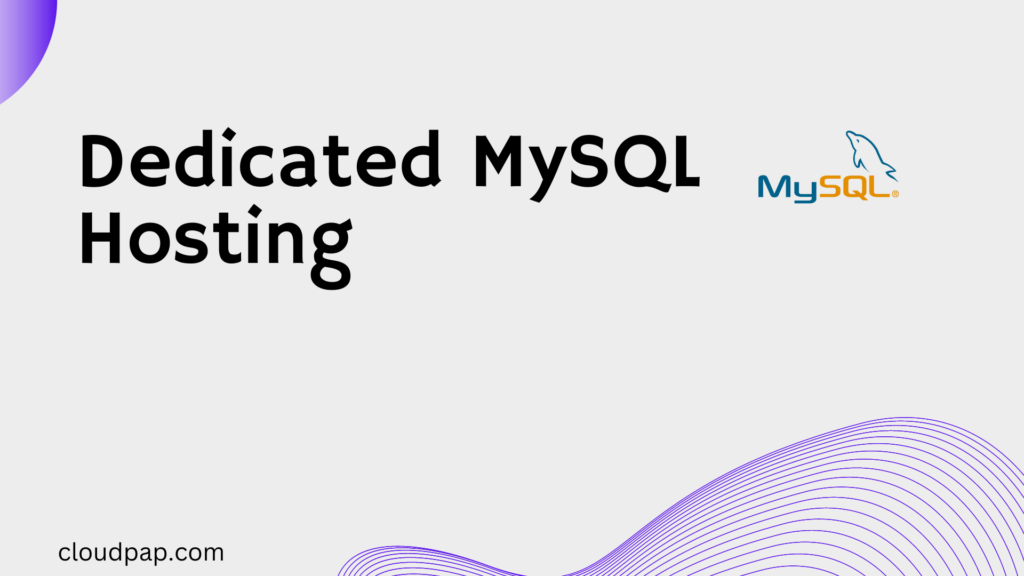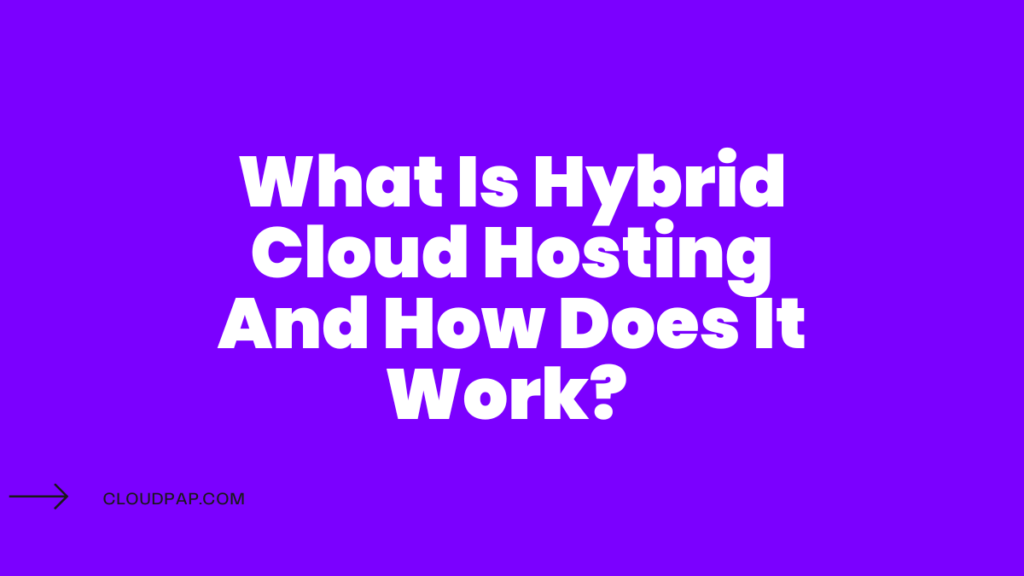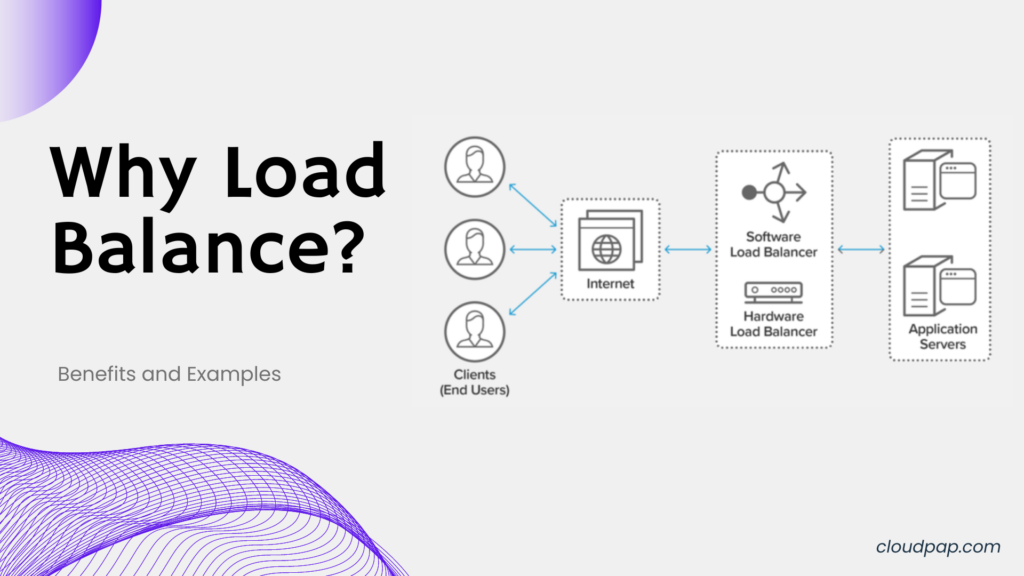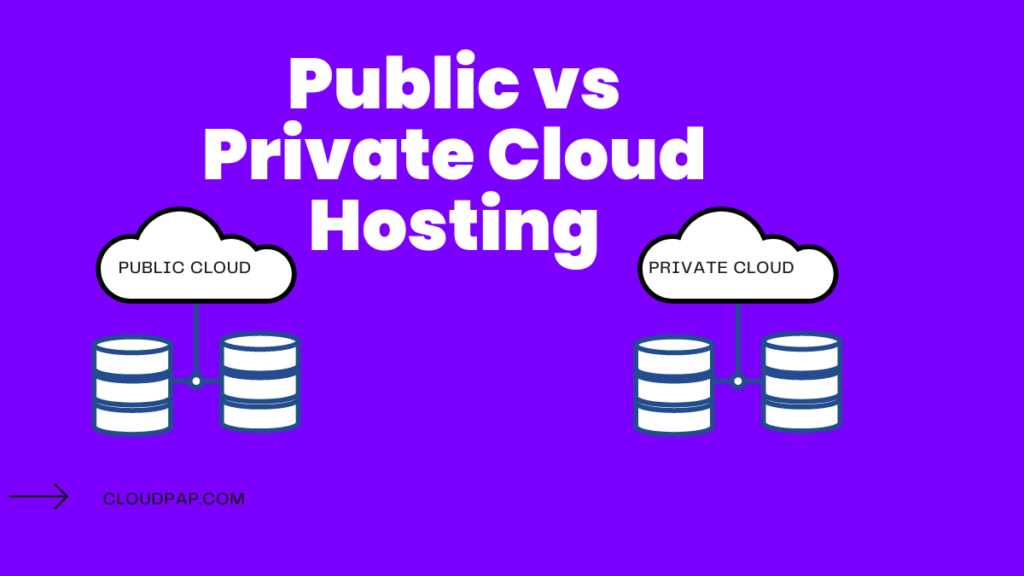Let us talk about cloud servers and why they matter for your business.
Slow websites or constant tech issues can hurt any company’s growth, whether you run a small shop or manage a large team.
Cloud hosting offers a modern solution with flexibility and reliable performance that old physical servers struggle to match.
But the real question is whether the benefits truly outweigh the costs for your specific needs.
In this guide, we will explore what cloud servers actually do and why many businesses prefer them.
We will also cover the clear advantages, the potential downsides you shouldn’t ignore. And concrete examples of how companies are using this technology to scale successfully right now.
You will then see real situations where the cloud made a difference.
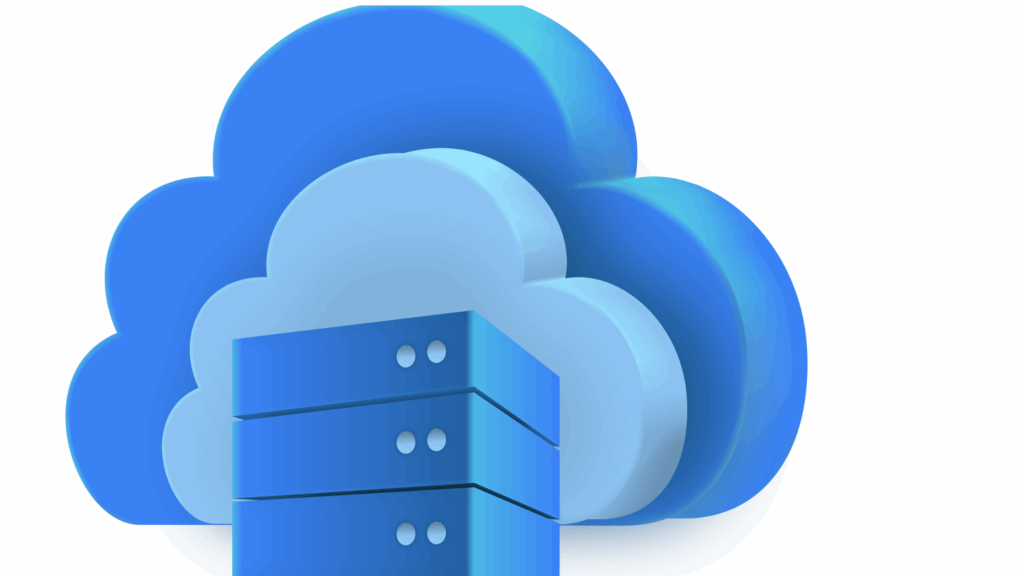
What Are Cloud Servers?
Let us start with the basics. Imagine a cloud server as a virtual computer that exists online, not in your office.
Unlike old physical servers, those heavy machines you must buy and maintain, cloud servers live in secure data centers.
You can reach them from any location with internet access.
This setup removes the headaches of expensive hardware purchases and constant upkeep.
This approach means you skip buying costly equipment or stressing over crashes. Forget keeping an IT team on call around the clock. Instead, you pay only for what resources you actually use.
Your provider manages the maintenance, security, and updates for you.
It simplifies everything significantly.
Key Features of Cloud Servers
- Scalability: Need extra power during busy seasons or big launches? You can instantly add processing speed, memory, or storage space. No waiting weeks for new hardware shipments or installations. Just adjust with a click.
- Reliability: Cloud servers use built-in backups and redundancy. If one server fails, another takes over immediately. Your website or app stays online without interruptions or downtime.
- Accessibility: Log into your server from anywhere using an internet connection. This flexibility works perfectly for remote teams or traveling business owners.
Providers like Cloudpap make this effortless.
Even without technical skills, you can deploy, manage, and grow your cloud setup in minutes. Our tools guide you step by step through every process.
Pros of Using Cloud Servers
Cloud servers offer real advantages that make sense for many businesses. Let me walk you through why they are becoming so popular.
Scalability on Demand
Cloud servers give you flexibility that’s hard to beat.
With old-style servers, you are locked into fixed capacity.
If your site gets a sudden surge of visitors, it might crash and upset customers.
Cloud servers adjust to your needs, they can expand or shrink instantly.
Imagine an online clothing store during holiday sales. Traffic spikes are huge, but cloud servers handle it smoothly.
You won’t pay for extra resources you only need occasionally. This scalability makes planning easier, cuts waste, and lets your business grow without panic.
Cost Efficiency
Buying a physical server costs a fortune upfront, thousands just to start. Then there is maintenance, power, and cooling bills.
Cloud servers use a pay-as-you-go setup.
You only pay for what you actually use. Start small and add resources as your business expands.
This is perfect for startups wanting top performance affordably.
Think of it like renting an apartment versus buying a house. You move in with what you need, then upgrade when your business grows larger.
High Reliability and Uptime
Downtime hurts your business. Every minute offline means lost customers and sales.
Most cloud providers use multiple data centers. If one fails, another takes over instantly.
This backup system means cloud servers stay online much more reliably than traditional ones.
For e-commerce or apps, this uptime is essential. You need your site running smoothly, no matter what happens behind the scenes.
Easy Maintenance and Updates
Physical servers need hands-on care: updates, hardware fixes, and constant monitoring.
It is time-consuming and often needs expert skills. Cloud servers simplify this. Providers handle patches, backups, and updates automatically.
With services like Cloudpap, you focus on growth and customers, not tech headaches.
Security Features
Keeping data safe is critical, especially with sensitive customer info.
Cloud servers include built-in security like firewalls, encryption, DDoS protection, and access controls.
This lowers breach risks and helps meet privacy laws. You won’t need a dedicated IT security team to stay protected.
Cons of Using Cloud Servers
Cloud servers aren’t perfect. Like any technology, they come with downsides. Knowing these helps you prepare smarter.
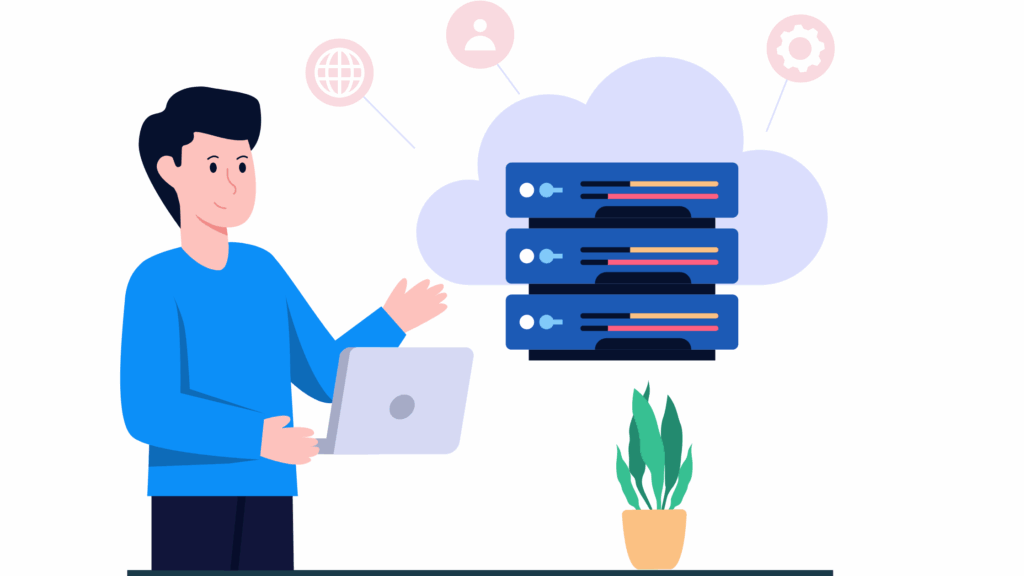
Ongoing Costs Add Up
You skip that huge upfront payment for hardware.
But monthly fees can sneak up on you. If you forget to scale down during quiet periods or pay for unused resources, bills balloon unexpectedly.
Keep an eye on your usage patterns weekly. Adjust capacity as your traffic changes.
Most providers offer simple dashboards showing exactly where your money goes.
Internet Reliance Matters
Everything lives online with cloud servers. That means your internet connection becomes vital.
Spotty or slow service directly hurts performance and access. Pick providers with multiple data center locations.
Optimize your local network setup too. These steps help maintain access even if one pathway fails.
Learning Takes Time
Cloud servers are simpler than physical ones, sure.
But you still need to grasp basics like sizing resources, setting backups, and configuring security.
Budget time for training your team. Start with small projects before tackling critical systems.
Many platforms include step-by-step guides that ease the transition.
Real Business Use Cases
Cloud servers in 2025 have become practical tools that are solving everyday problems. Here is how real companies use them right now.
E-commerce Websites
Imagine your online store suddenly floods with shoppers during a holiday sale.
Without cloud servers, your site might crash, losing sales and frustrating customers.
But with cloud power, traffic spikes feel effortless. Shoppers browse smoothly, add items to carts, and checkout without delays.
You keep customers happy while handling unexpected rushes like a pro.
SaaS Applications
Think about software platforms used globally, like project management tools or design apps. They need to work perfectly, anytime, anywhere.
Cloud servers make this possible.
Providers deploy their apps across multiple regions, ensuring fast load times and reliability.
Users from say Tokyo to Paris, for example, get the same seamless experience, without hiccups or downtime.
Remote Work and Collaboration
Your team might be spread across cities or even continents.
They need secure access to files, video calls, and shared documents.
Cloud servers let employees log in safely from home or a café. Company data stays protected while everyone collaborates in real-time.
This setup boosts productivity and cuts IT headaches, making remote work feel simple and efficient.
Startups and Small Businesses
Starting a business is tough, especially with tight budgets and deadlines.
Cloud servers remove the need for expensive hardware.
You launch your website or app fast, paying only for what you use. As your business grows, you scale up resources instantly.
Small teams get big-company capabilities without the high costs, leveling the playing field.
Are Cloud Servers Worth It?
For most businesses today, cloud servers make solid sense.
They offer flexibility you can’t get anywhere else.
When your needs change, you just adjust your plan, no big hardware investments.
Reliability improves too, since good providers keep things running smoothly around the clock.
Yes, you will pay ongoing costs, but you save money overall by avoiding maintenance and upgrades.
Internet reliance is a concern, but with backup options and careful planning, it is manageable.
We at Cloudpap simplify this shift for you, especially for smaller teams.
We handle security patches, updates, and monitoring so you don’t sweat the tech issues.
Our scalable plans grow with you, whether you are adding staff or launching new products.
This lets you pour energy into what matters. And that is serving your customers and innovating, not wrestling with servers.
Cloud servers have moved from luxury to necessity.
Staying competitive means moving fast, adapting quickly, and keeping data accessible.
Delaying this shift risks falling behind as rivals streamline operations and cut costs.
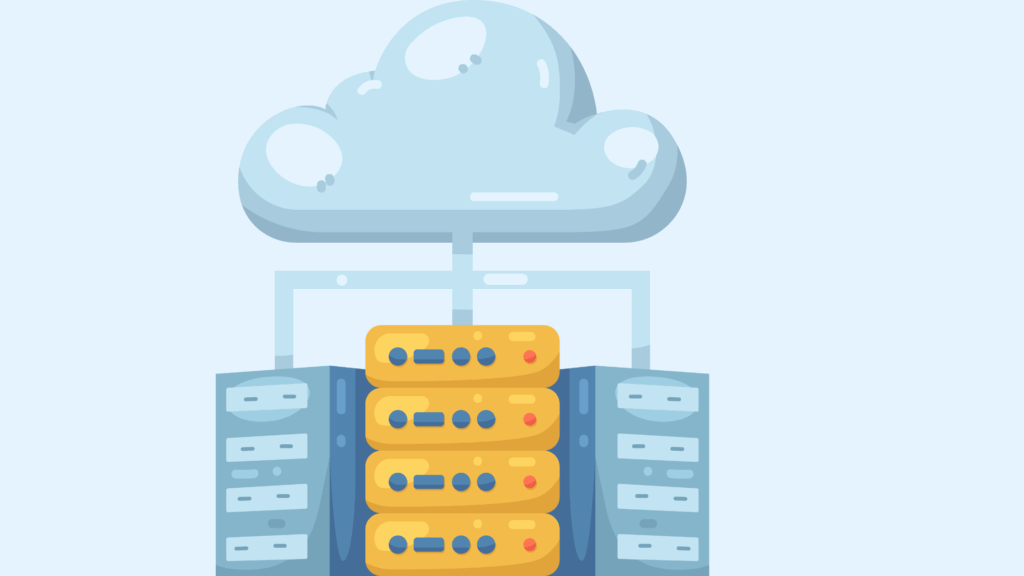
Extra Tip
Moving your business to the cloud is a big step, but don’t forget to keep an eye on things afterward.
Make it a habit to check your resource usage every week or so to see what is running and whether you are using it efficiently.
Take time to review your cloud bills monthly, unexpected charges can pile up if you are not paying attention.
Teach your team the basics too, like how to start, stop, or resize services.
These simple habits help avoid wasted money and keep your operations smooth.
Think of it like maintaining a car, regular checkups prevent bigger problems down the road.
Final Thoughts
Switching to cloud servers might seem overwhelming initially, but the benefits quickly become obvious.
Imagine running your online store or SaaS platform with technology that grows alongside your business.
Cloud servers offer flexibility when unexpected traffic surges hit, reliability during crucial moments, and complete control over your digital tools.
Choosing the right provider makes all the difference.
With Cloudpap, you will find a platform built for simplicity.
Security features protect your data like a vault, and affordability means you invest wisely without you having to spend a fortune.
So yes, cloud servers are absolutely worth it.
They do more than keep your website running; they unlock freedom.
You gain powerful tools to innovate, expand, and chase opportunities without technical limits holding you back.
Your business deserves that kind of growth potential.

